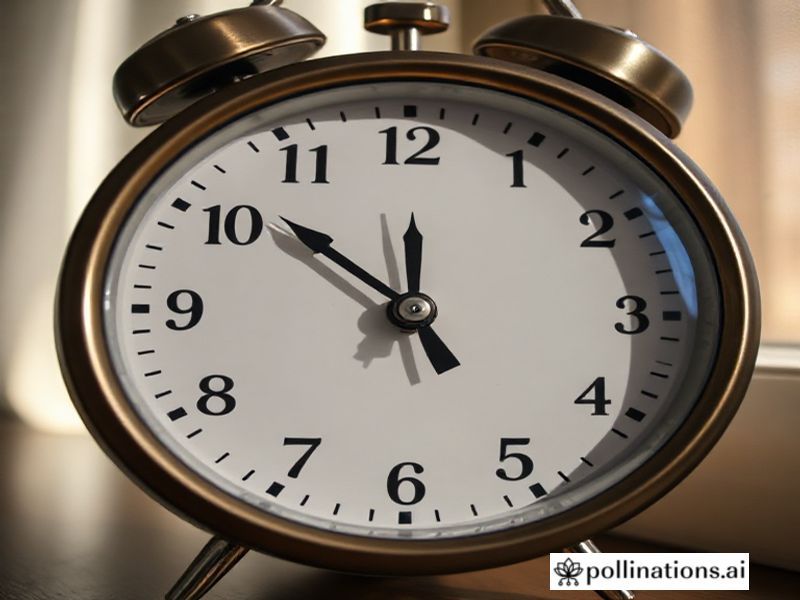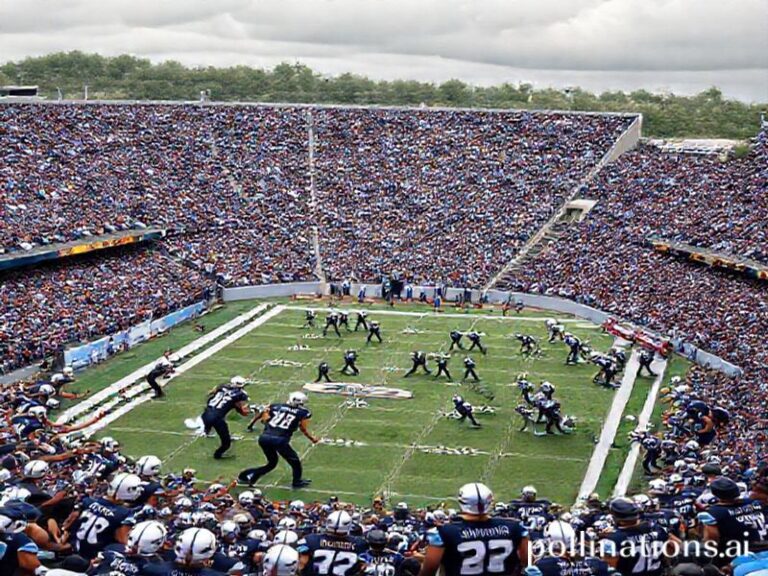Spring Forward, Confuse the World: The Great Daylight Savings Time Debate
**Title: “Spring Forward, Confuse the World: The Great Daylight Savings Time Debate”**
Alright, folks, it’s that time of the year again when we all collectively scratch our heads and mutter, “Has daylight savings happened yet?” The eternal question that unites us all in our shared confusion. But why is this topic suddenly trending globally? Let’s dive in.
**The Great Time Shuffle**
Daylight Savings Time (DST), for those living under a rock or blessed with a life free from time changes, is the practice of setting the clock forward by one hour during warmer months to extend evening daylight. It’s like Mother Nature’s way of saying, “Hey, let’s all be a bit more confused together.”
This year, the trend has been amplified by a perfect storm of factors. First, the pandemic has left us all with a skewed sense of time anyway, so why not throw in an extra hour change for good measure? Second, the eternal debate about whether DST is beneficial or just a relic of the past has been reignited, with countries and states making their own rules.
**Cultural Context: A Global Time Warp**
The idea of DST isn’t new. It was first implemented during World War I to save energy, and since then, countries have been hopping on and off the DST bandwagon like it’s a trending TikTok dance. Some countries, like Japan and India, have never participated, while others, like the U.S. and Europe, have been at it for decades.
But here’s where it gets interesting. The European Union has proposed to scrap DST, and several U.S. states are considering doing the same. Meanwhile, other countries are sticking with it, leading to a beautiful mosaic of time zones and DST rules that would make even the most seasoned traveler’s head spin.
**Social Impact: The Hour That Divides Us**
The social impact of DST is as varied as the opinions on it. Some people love the extra evening sunlight, while others curse the lost hour of sleep. Studies have shown that DST can have negative effects on health, productivity, and even traffic safety. But on the flip side, it can also boost tourism and retail sales.
The trend has also sparked a wave of memes and jokes online, with people sharing their struggles with the time change. From “Why is it still dark when I wake up?” to “I’ll never get used to this,” the internet has been abuzz with DST-related humor.
**Why It’s Significant**
The significance of this trend lies in its universality. It’s a topic that affects almost everyone, regardless of where they live or what they do. It’s a reminder of how interconnected we are, and how something as simple as changing the clock can spark a global debate.
Moreover, the DST debate is a microcosm of a larger conversation about how we adapt to change. In a world that’s constantly evolving, how do we balance tradition with progress? How do we make decisions that benefit the majority without alienating the minority?
**Conclusion: Time Will Tell**
So, has daylight savings happened? Well, that depends on where you are and what side of the debate you’re on. But one thing’s for sure: the great DST debate is far from over. As we continue to grapple with the pros and cons of this time-honored tradition, one thing’s certain: we’ll always have the internet to laugh (or cry) about it together.







